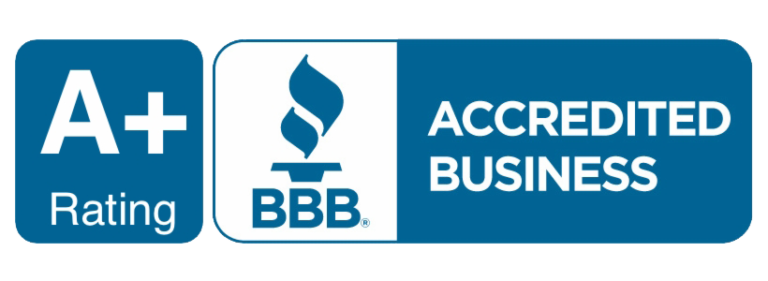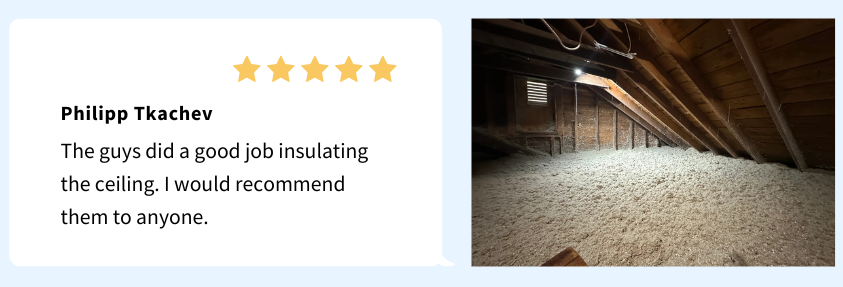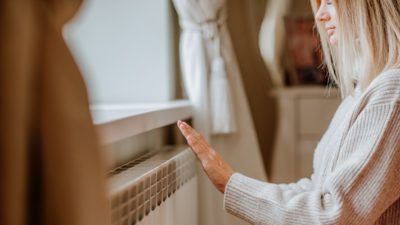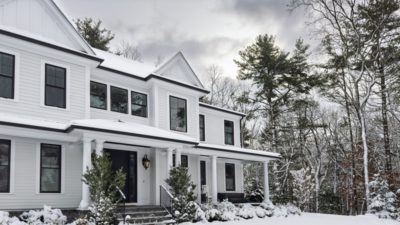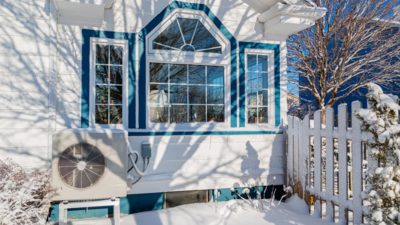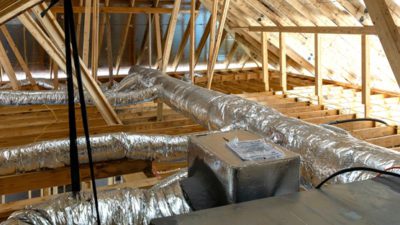The comfort and air quality inside your home depend on more than just a good HVAC system; they also rely on proper insulation and regular air filter maintenance. When home insulation is lacking or filters aren’t changed, the result can be stale, dusty, and even unhealthy indoor air. Here’s how these two factors work together and what you can do to improve them.
Poor Home Insulation Leads to Dirty, Damp, and Vulnerable Spaces
Air Infiltration and Outdoor Pollutants
Gaps in attic and wall insulation allow unfiltered outdoor air — along with dust, pollen, vehicle exhaust, and allergens — to seep into your home. That fresh breeze might feel good at first, but it can carry unwanted irritants inside.
Moisture, Mold and Mildew
When warm indoor air leaks into a cool attic, it condenses. Moisture builds up, creating a breeding ground for mold spores that easily find their way into your living spaces.
Pest Intrusion
Uninsulated attics and wall cavities are easy access points for rodents and insects whose droppings and dander can further degrade air quality and overall home health.
How Does Insufficient Home Insulation Negatively Affect Air Quality?
Poor home insulation doesn’t just make your home drafty; it also forces your HVAC system to work overtime, pulling in more unfiltered air and clogging filters sooner.
1. Air Leaks Through Walls and Attics
Gaps in insulation or wall cavities allow outdoor air (laden with dust, pollen, and debris) to enter your return ductwork unfiltered. As this unsealed air enters the system, your air filter traps more particles than normal and gets dirty.
2. Unbalanced Airflow Ups the Filter Load
An HVAC system designed for a tightly sealed home will struggle when the home’s insulation fails. Leaks and pressure imbalances can pull more air—and more contaminants—through the filter in less time. Even a high-quality, pleated filter won’t help if it’s overwhelmed by excess infiltration.
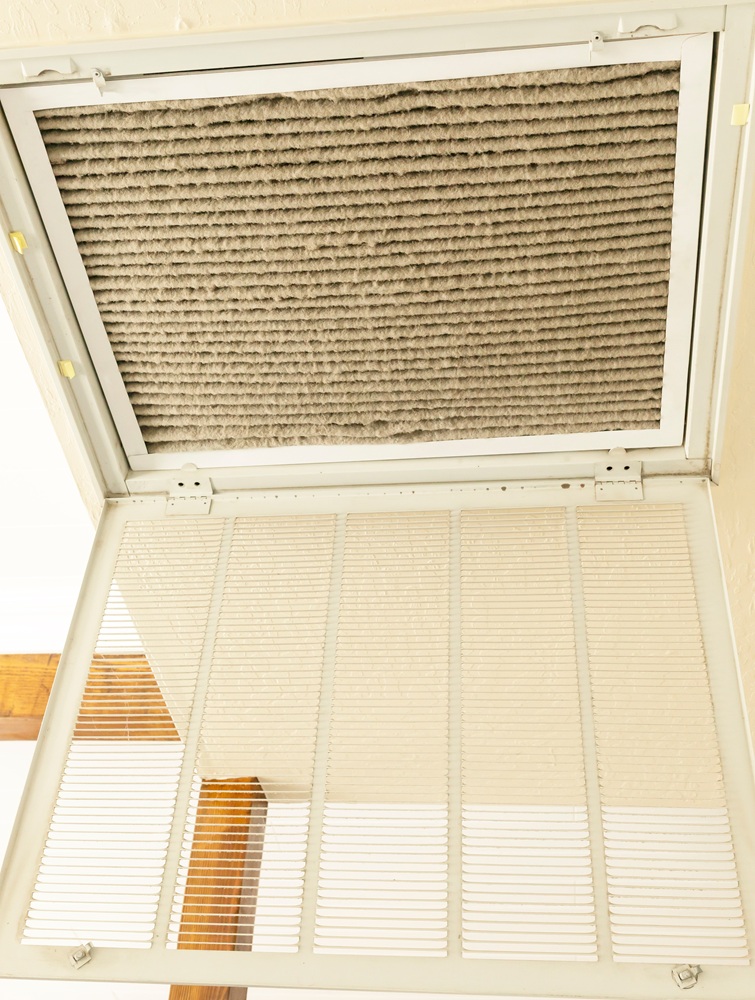
3. Dusty Ducts and Debris
Leaky ductwork in poorly insulated attics or basements can suck in dust and debris, putting a heavier load on the filter. As the filter clogs, it restricts airflow and reduces efficiency, creating an unhealthy cycle for your system and your home: As the HVAC works harder, the filter clogs even faster.
4. The Ripple Effect on System Health
A clogged filter increases pressure on the system. The blower motor, coils, and other components struggle with airflow, leading to inefficiency, energy waste, and potential breakdowns. And since a clogged filter doesn’t trap effectively, more dust and allergens circulate in your home, diminishing indoor air quality.
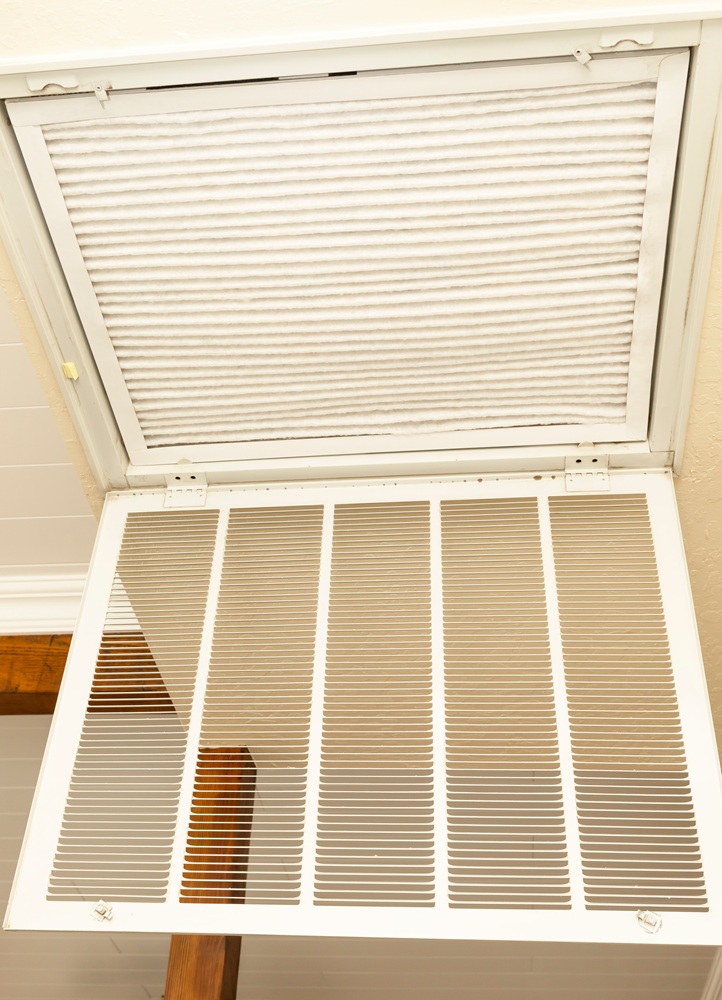
Quick Fixes to Improve Indoor Air Quality
- Seal and Insulate: Identify and seal gaps in attic and wall insulation, and seal ducts to reduce unfiltered air infiltration.
This is our specialty! Contact us to get started today. - Check Filters Monthly: A filter that clogs quickly can signal poor insulation or duct leakage.
- Upgrade Filters Wisely: Use pleated or higher MERV-rated filters to reduce particulate load (but ensure your system can handle the airflow).
- Schedule Duct Inspections: In conjunction with quality insulation, sealing and cleaning ducts makes a big difference in filter life and indoor air quality.
Why Does the Quality of Your Home's Insulation Matter?
Gaps and Uneven R-Value
Without proper insulation and thorough attention to detail, even thicker, high-quality insulation materials lose their effectiveness. An inch gap in insulation here or there can decrease weatherization performance significantly, weakening the thermal envelope, letting in drafts, and encouraging moisture build-up.
VOC Off-Gassing or Blocked Ventilation
Some types of home insulation, especially low-grade spray foam, may trap VOCs or block necessary airflow, which can actually decrease your home’s air quality. VOCs, or Volitile Organic Compounds, are gases released into the air from certain building materials and products that may be found in your home, like:
- Certain types of insulation and pressed wood
- Cleaning products and air fresheners
- Paints, varnishes, and adhesives
- Furnishings, flooring, and synthetic fabrics
It’s important to opt for low-VOC insulation, such as cellulose or formaldehyde-free fiberglass.
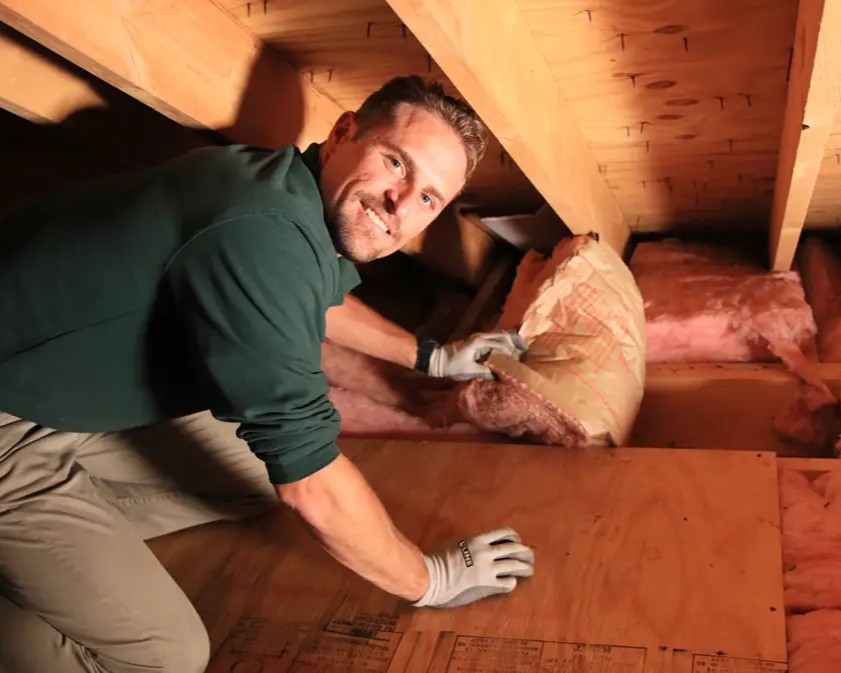
Better Home Insulation + Clean Filters = A Healthier Home
Healthier Indoor Environment
A tightly sealed, well-insulated home blocks contaminants, while a clean filter ensures your HVAC system isn’t circulating any allergens that do make their way in.
Lower Energy Bills
Improved insulation reduces energy loss. Pair that with a properly functioning HVAC and fresh filters, and your system doesn’t have to work as hard — which means lower utility bills.
Improved Comfort and Fewer Repairs
No more drafty rooms or damp corners. A well-running HVAC system is less prone to breakdowns and keeps your air cleaner and more comfortable.
Save on Home Insulation Upgrades and Air Sealing with Mass Save®
In Massachusetts, homeowners, renters, and landlords can qualify for 100% off air sealing and 75-100% off insulation upgrades through the Mass Save program. These incentives are designed to improve your home’s efficiency, lower energy bills, and improve indoor air quality.

The first step: Schedule a no-cost Home Energy Assessment with HomeWorks Energy, a trusted Mass Save partner. We’ll evaluate your home’s insulation, check your HVAC system, and identify areas where your home is losing energy or letting in allergens.
How Can I Find out More About My Home's Insulation?
Whether you’re dealing with drafty rooms, high energy bills, or planning home upgrades, it’s worth finding out more about your insulation and whether it’s time to replace it with something safer and more efficient.
Clean air starts behind the walls and above the ceiling. From insulation gaps to clogged filters, small oversights can have a big impact on your indoor air quality. The good news? With a no-cost Home Energy Assessment and high quality upgrades installed at a fraction of the cost thanks to Mass Save, a healthier, more comfortable home is well within reach.
The bottom line: Improving your home’s insulation doesn’t just save energy; it dramatically reduces the burden on your HVAC filters, helping your system run cleaner, quieter, and cost-effectively.

